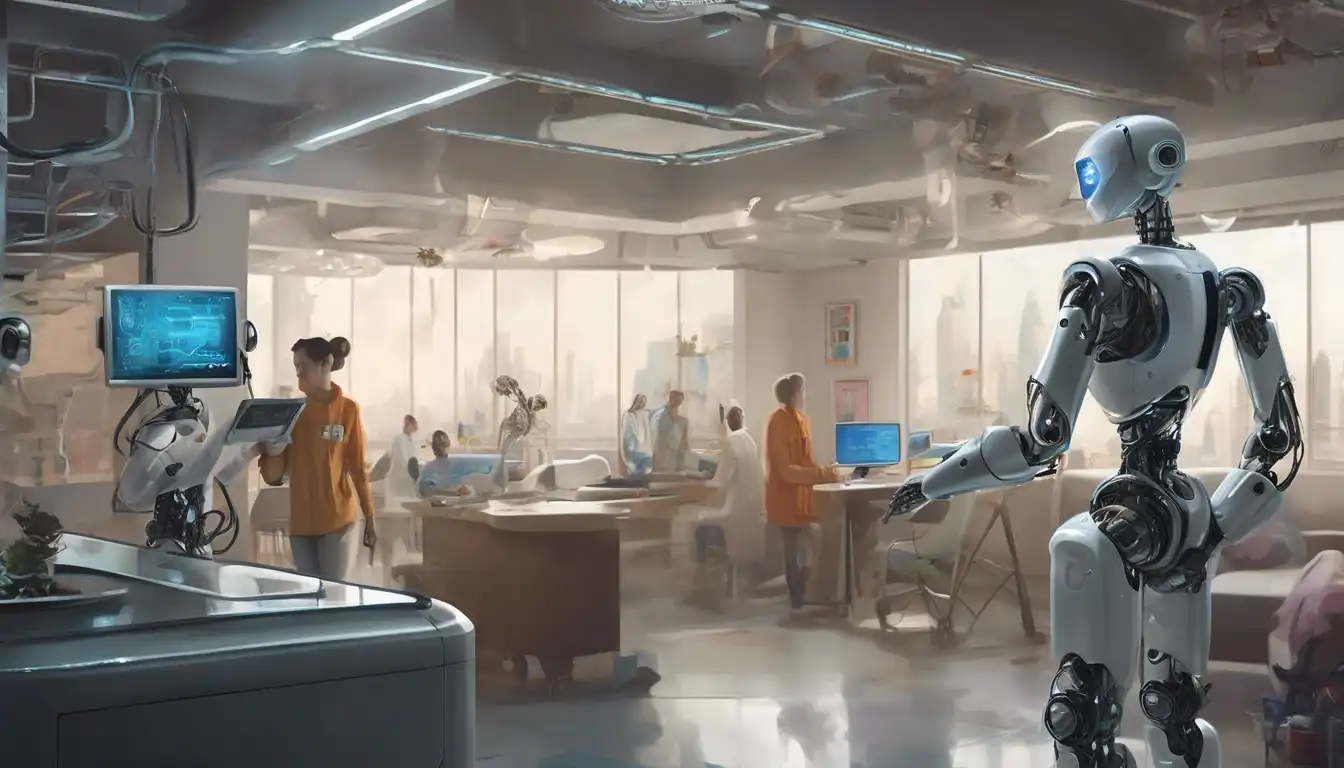The Future of Robotics in Everyday Life
As we stand on the brink of a technological revolution that will fundamentally alter the way we live, work, and relate to one another, robotics is at the heart of this transformation. The future of robotics in everyday life is not just about the automation of tasks but about the creation of a symbiotic relationship between humans and machines. This article explores the potential of robotics to enhance our daily lives, the challenges we may face, and the steps we can take to ensure a harmonious integration.
Enhancing Daily Tasks
From robotic vacuum cleaners like the Roomba to more sophisticated personal assistants, robotics is already making inroads into our homes. In the near future, we can expect robots to take on more complex tasks such as cooking, cleaning, and even personal care for the elderly or disabled. The integration of artificial intelligence with robotics will enable these machines to learn from their interactions, making them more efficient and personalized over time.
Robotics in Healthcare
One of the most promising areas for robotics is healthcare. Surgical robots, such as the Da Vinci system, are already performing precise operations with minimal invasiveness. Future developments could see robots assisting in patient care, rehabilitation, and even mental health therapy. The potential to reduce human error and increase the availability of care is immense, but it also raises ethical questions about the role of machines in sensitive areas of human life.
Challenges and Ethical Considerations
As robotics becomes more integrated into our lives, we must address the challenges of privacy, security, and employment. The collection of data by robots poses significant privacy risks, while the potential for hacking raises security concerns. Moreover, the automation of jobs could lead to unemployment in certain sectors, necessitating a reevaluation of our economic systems and the creation of new job categories.
Preparing for the Future
To fully realize the benefits of robotics, we must invest in education and training to prepare the workforce for the jobs of the future. Policies must be developed to ensure the ethical use of robotics and to protect individuals' rights. By fostering collaboration between governments, industries, and communities, we can ensure that the future of robotics enhances human life without compromising our values or security.
The future of robotics in everyday life holds incredible promise, but it also requires careful consideration and proactive management. By embracing the opportunities and addressing the challenges head-on, we can look forward to a future where robotics enriches our lives in ways we are only beginning to imagine.
